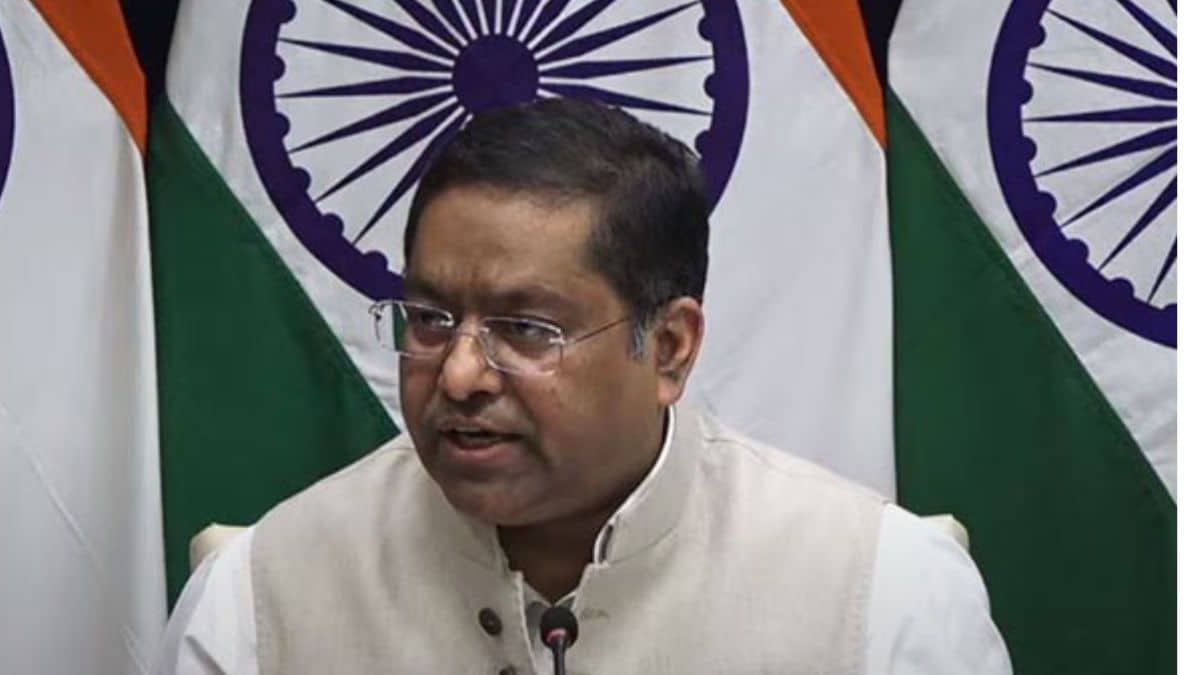The state of Kerala has appointed a Secretary for External Cooperation, a role typically seen as falling within the purview of the Union Government. The Ministry of External Affairs (MEA) has swiftly responded, asserting that foreign affairs remain the sole prerogative of the Union government, and states should not encroach upon this domain.
The appointment, announced by Kerala Chief Minister Pinarayi Vijayan, aims to enhance the state’s engagement with international entities on matters ranging from trade to cultural exchange. The newly appointed Secretary, Rani George, is expected to coordinate Kerala’s initiatives on a global stage, reflecting the state’s ambitions to leverage international partnerships for developmental goals.
However, the Union Ministry of External Affairs has expressed concern over the move, stating that states must refrain from engaging directly with foreign governments and organizations without the consent and coordination of the Union government. This assertion underscores the constitutional division of powers between the Centre and the states, where foreign policy is explicitly listed as a Union subject under the Seventh Schedule of the Constitution.
In response to the MEA’s stance, Kerala’s government has defended its decision, arguing that the state’s engagement with foreign entities is aimed at promoting Kerala’s interests globally, particularly in sectors such as tourism, healthcare, and education. Kerala has historically maintained robust ties with the global Malayali diaspora and has sought to capitalize on these connections for economic and social benefits.
This development is not the first instance of states attempting to assert their role in international affairs. In recent years, several states, including Maharashtra and Karnataka, have explored opportunities for bilateral engagements and investment partnerships, albeit within the framework of the Union government’s foreign policy guidelines.
Legal experts opine that while states can engage in trade and cultural exchanges with foreign entities, formal diplomatic relations and agreements are constitutionally mandated to be overseen by the Union government. This constitutional clarity aims to ensure a cohesive and unified approach in India’s foreign policy engagements, preventing potential conflicts and ensuring national interests are safeguarded.

